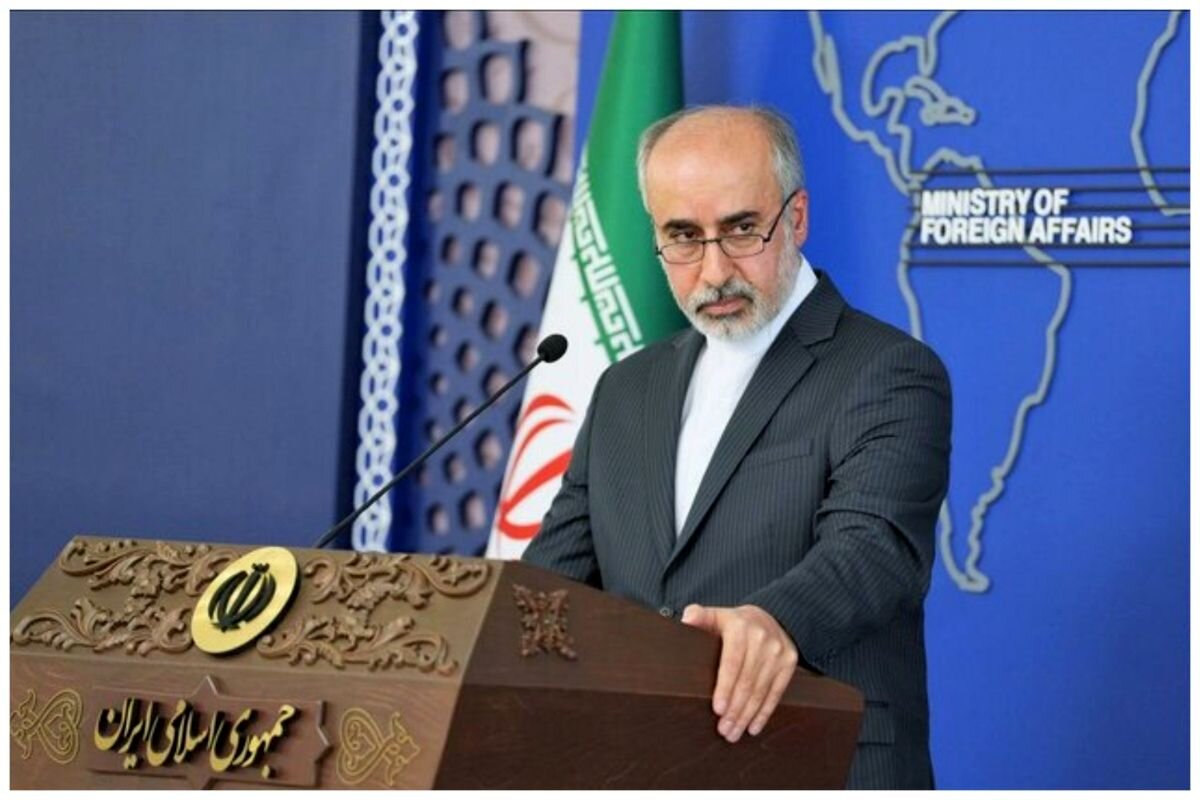Iran urges Muslim nations to unite against Israel’s actions in Gaza

TEHRAN – Iran has called on Muslim nations to stand together and take decisive action in response to Israel's ongoing genocide against Palestinians in the Gaza Strip.
This plea comes as Western governments, including the United States and other Group of Seven (G7) nations, continue to express support for Israel by boycotting events that exclude the Israeli government.
Nasser Kanaani, the spokesperson for Iran's Foreign Ministry, made the appeal on Friday through a post on X, formerly known as Twitter, emphasizing the responsibility of Muslim countries to uphold their Islamic, humanitarian, and legal obligations.
He argued that if Muslim governments and their people united to actively support the oppressed Palestinians, especially the defenseless residents of Gaza, many innocent lives could be spared from Israel's violent actions.
Kanaani condemned the killings, particularly of women and children, stating that such atrocities would not have occurred had there been a collective response from the Muslim world.
Kanaani's statement references the ongoing conflict in Gaza, where, according to reports, Israeli military actions have resulted in the deaths of at least 39,699 Palestinians, including a significant number of women and children, and left 91,722 others injured since the conflict escalated on October 7, 2023.
UN Secretary-General Antonio Guterres has emphasized the dire and chaotic conditions in Gaza, describing the situation as "total lawlessness."
The Iranian call for unity follows the revelation that Western ambassadors, including those from the United States and the European Union, had written to Japanese authorities last month, signaling their decision to boycott a ceremony in Nagasaki commemorating the 79th anniversary of the US atomic bombing of the city.
The decision to skip the event was reportedly due to the exclusion of Israel, which the ambassadors claimed politicized the memorial service.
Despite these criticisms, Nagasaki's mayor, Shiro Suzuki, defended the decision to exclude Israel, stating that it was intended to prevent possible protests against Israel's actions in Gaza, rather than to take a political stance.
The Nagasaki bombing, which occurred on August 9, 1945, involved the dropping of a 4.5-ton plutonium bomb, known as “Fat Man,” by the United States. The bombing resulted in the destruction of the city and the death of over 70,000 people, just three days after the first atomic bomb was dropped on Hiroshima, killing approximately 140,000 people.
culled from Tehran Times

